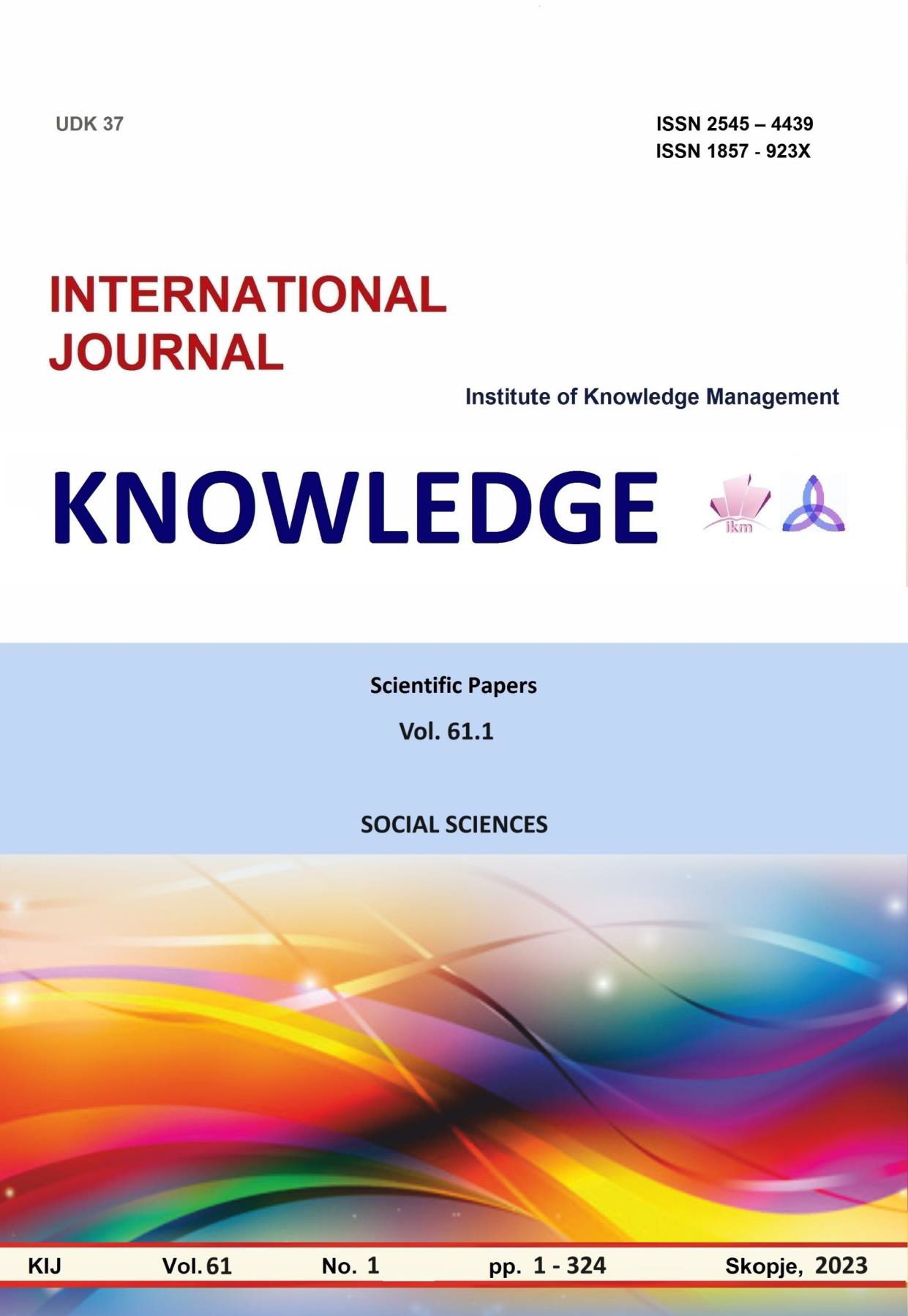JA ГУБИ ЛИ УЛОГАТА МЕЃУНАРОДНОТО ХУМАНИТАРНО ПРАВО ВО ВОЕНИТЕ КОНФЛИКТИ ОД 21-ВИОТ ВЕК?
IS INTERNATIONAL HUMANITARIAN LAW LOSING ITS ROLE IN THE MILITARY CONFLICTS OF THE 21ST CENTURY?
Author(s): Liljana JonoskiSubject(s): Politics / Political Sciences, Politics, Law, Constitution, Jurisprudence, Human Rights and Humanitarian Law, Geopolitics, Peace and Conflict Studies
Published by: Scientific Institute of Management and Knowledge
Keywords: International humanitarian law;military law;conflicts;human rights
Summary/Abstract: Although the Geneva Conventions were adopted in 1949, humanity has experienced an alarming number of armed conflicts on almost all continents. During that period, the four adopted Geneva Conventions as well as the Additional Protocols from 1977 provide legal protection for persons who do not participate or who have stopped directly participating in hostilities (civilians, wounded, sick, etc.). But despite the legal protection provided in this way, we have witnessed in the last two armed conflicts in Ukraine and Palestine that there are numerous violations of such agreements that resulted in suffering and numerous human losses that could have been avoided if the principles of international humanitarian law were respected. What also prevails as an opinion when international regulation is observed is that infringements of international rules and principles of action do not result from their inadequacy or because they are inappropriate but from the lack of will, insufficient means to ensure their application, ambiguities regarding their application in certain circumstances, as well as the lack of awareness of the necessary need for their application among political leaders, military commanders and the wider public. The previously stated often applies also to other areas of the regulation of international relations, but the difference in relation of failure to comply with the legal regulation in these areas (for example international business law) and failure to comply with international military and humanitarian law is paid with human lives and suffering. What are the most common violations of international humanitarian law and what consequences do such violations cause is the purpose of the research presented in this paper, but also providing answers and recommendations on how to "force" states even in military conflicts to respect and protect basic human rights of civilians. This will also help in a creation of usable knowledge and values that should be respected and practiced in every single military conflict. In the part of the methodology, the paper was prepared based on an extensive analysis of the basic rules and principles of international humanitarian law and how they are respected in the latest military conflicts that have engulfed the world. Through the research, one of the findings that is defined is that the implementation of the principles of the international humanitarian law countries often refer to ratification, so on the one hand, for example, the Geneva Conventions are universally accepted by all countries, but the same cannot be said for Additional Protocols, so they, by not acceding to ratification, the states consider that they have no legal obligation to implement them. Also, one of the insights or conclusions to which the paper refers is that international humanitarian law still contains customary rules that should be respected in any conflict, and which are based on the principle of protection of basic human rights and freedoms and which in any case should be respected and applied regardless of whether the states are in military conflicts or are in peace, especially today in the 21st century regarding the level of development of international relations. Strengthening the role of the International Criminal Court in the direction of creating an international practice that will prevent violations of international humanitarian and military law and the creation of new crimes against humanity is also one of the recommendations that should strengthen the system of application of the principles and the rules of international regulations in military conflicts.
Journal: Knowledge - International Journal
- Issue Year: 61/2023
- Issue No: 1
- Page Range: 225-229
- Page Count: 5
- Language: Macedonian

